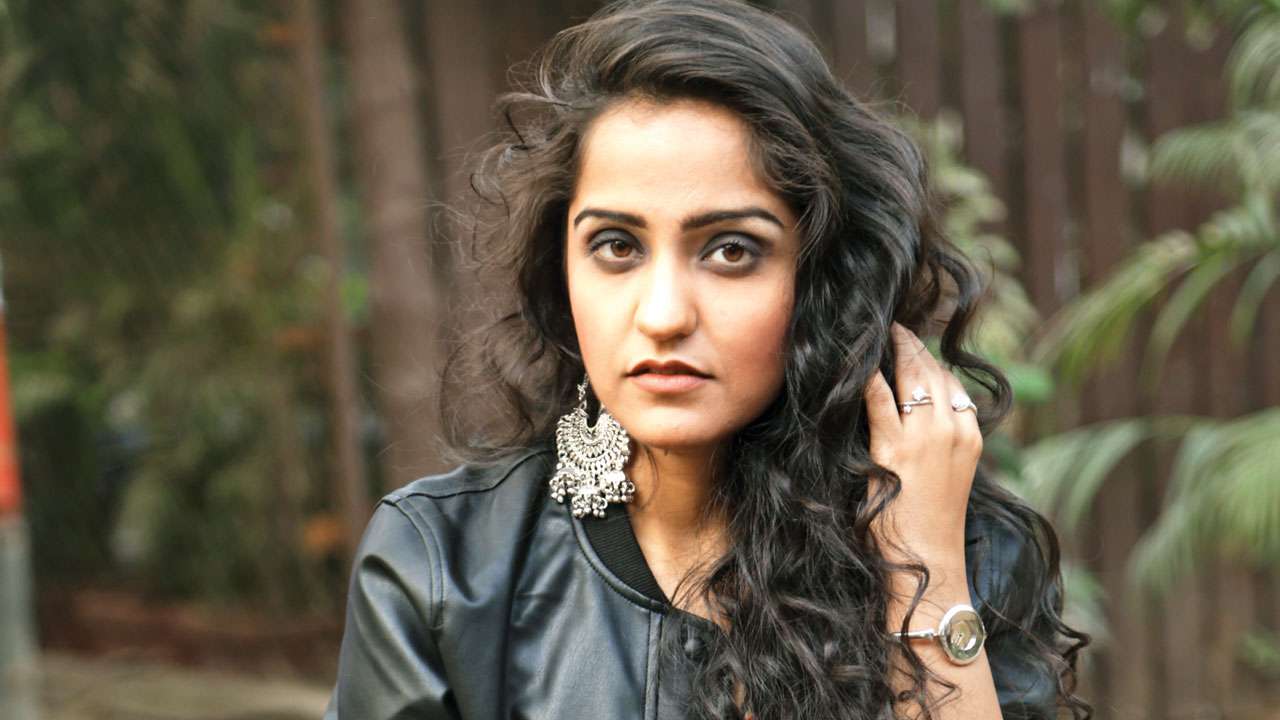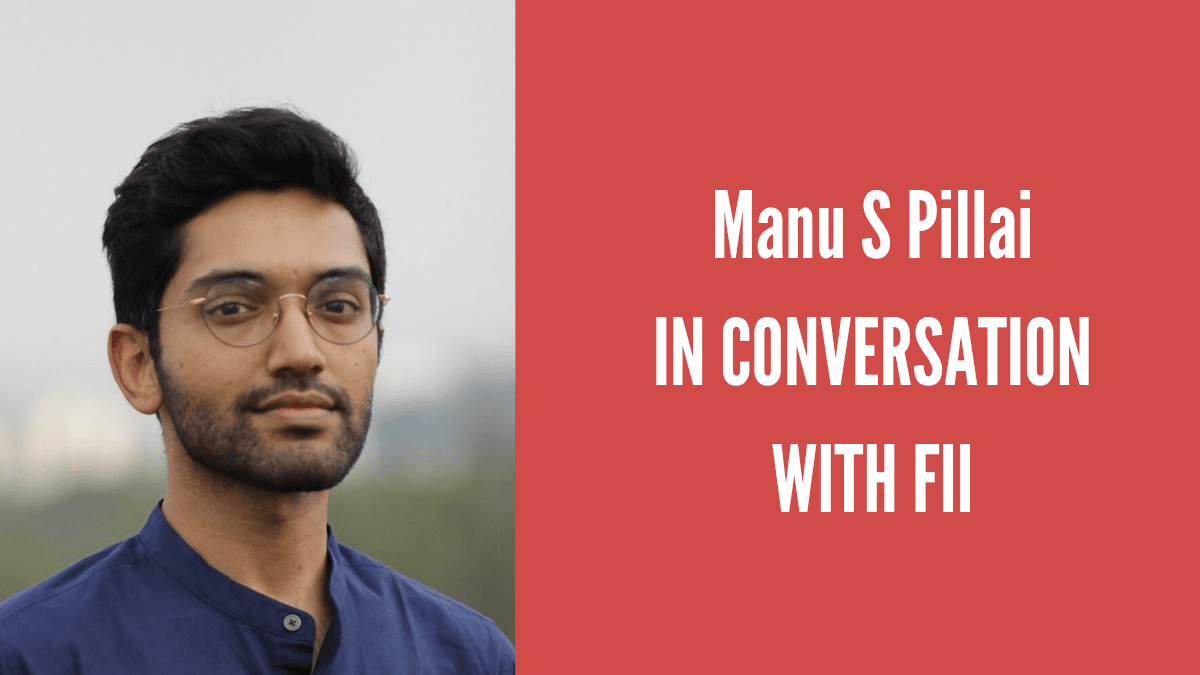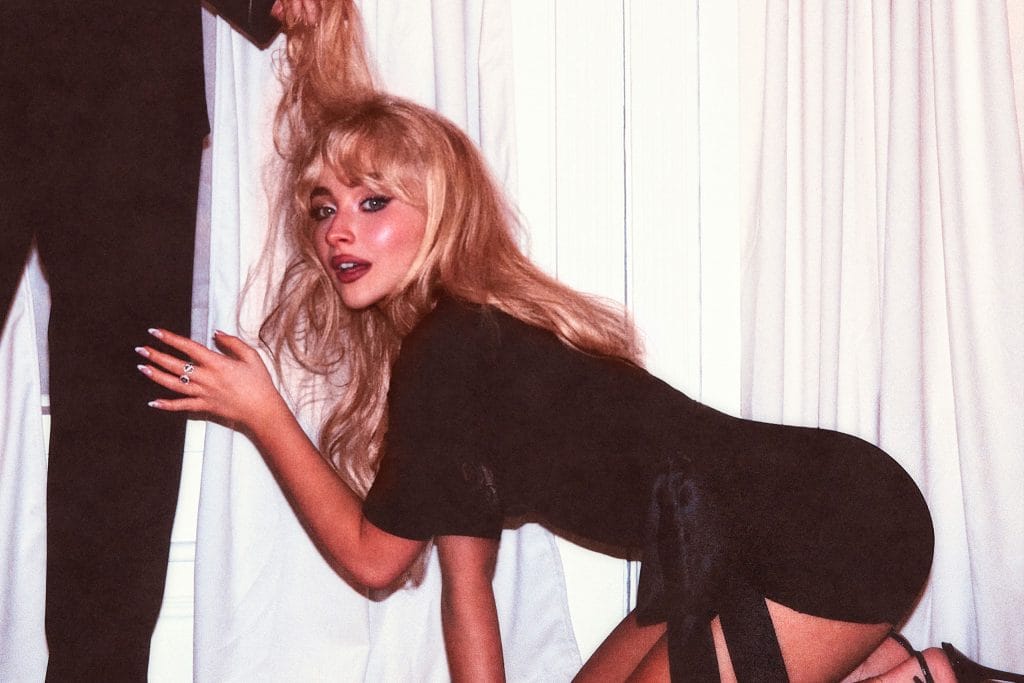Most Bollywood films are male-oriented, and sometimes in a song, even if the situation is about a female, the voice you listen to predominantly is still male.
ASEES KAUR
Few singers in Bollywood have progressed as quickly as Asees Kaur. Born and brought up in Panipat, Haryana, Kaur always dreamt of making it big in Mumbai. Within five years of her Bollywood debut, she has already featured in close to 50 film songs, from chartbusters like Hui Malang to mellifluous ones like Bolna and Lae Dooba. Earlier this year, she won the Filmfare Award for the best female playback singer.
In an exclusive interaction with FII, Kaur spoke about her formative days as a singer, the turning point in her career, how she tries to counter the male gaze in her songs, the representation of women in the audio industry, and much more.
This conversation was organised by Spotify India as part of its AmplifiHer campaign that aims to shine the spotlight on women in audio.
Q: You started singing at the age of four but did not receive any formal training until you were 16. Did learning on your own for so long give you an edge, especially in terms of improvisation?
A: Yes, absolutely. Because I started very early, nobody was ready to teach me! But my father was very enthusiastic and he wanted me to pursue music on my own. He would get me cassettes of Gurbani and I used to listen to them endlessly. As a child, I would try to grasp songs and sing by myself. That helped me work on my individuality and gave me an edge.
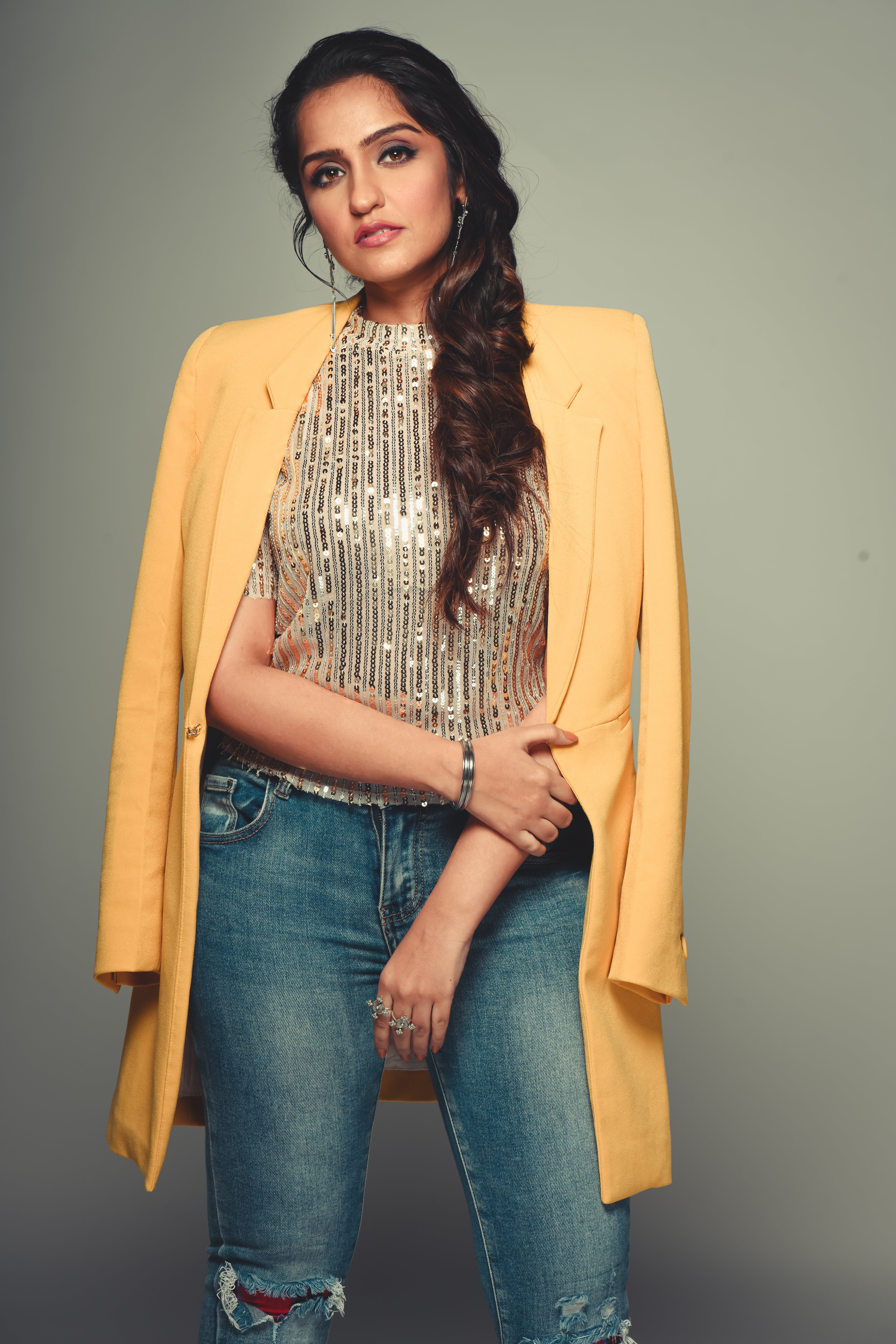
Q: How important was the role of Gurbani in making you the singer you are today?
A: Whenever I go for a concert, the compliment that I get the most is that my voice has touched the hearts of my audience, that my singing is soulful. All the credit for that goes to Gurbani. I have been singing Gurbani for a good 20 years of my life. Gurbani has given me a sense of spirituality and a certain soulfulness to my voice.
Q: You were a part of two reality television shows – Awaaz Punjab Di and Indian Idol. How did they help you develop as a singer?
A: The journey for Awaaz Punjab Di was wonderful. For several months, I was doing a lot of riyaz. My focus was only on how to perform at my best, and if you keep channelling such focus for six months, you are bound to build yourself into a better singer.
As for Indian Idol, I was there for a very short time, only for the initial rounds. I came to Mumbai and went back to Panipat the next day. That was a very quick rejection for me, but it opened my eyes.
Also read: These 5 Musicians Are Smashing Patriarchy One ‘Sur’ At A Time
Q: When it comes to Bollywood, would you say that the song Bolna (from the film Kapoor & Sons) that you sang with Arijit Singh was a turning point in your career?
A: Definitely. Before Bolna, I had two or three releases, but all of them were solo songs. The recording of Bolna actually turned out to be rather easy. I was in and out of the studio in 15 minutes.
Interestingly, I had no idea that I would be singing the song with Arijit. Because when I dubbed it, it was a scratch. First I sang and then Arijit sang. So I had no clue before the release that it would be my first duet with him. When the song released, I literally felt goosebumps! Whenever I think of this song, it brings the biggest smile on my face.
Q: We generally find that people within and outside the film industry treat celebrities differently before and after they achieve fame. Have you experienced this yourself?
A: Firstly, I’m not someone who socialises a lot, I’m a very family-oriented person. My family knows me the best. But for the extended family, their reactions have certainly changed. Nowadays they hesitate to call me wondering if I would answer. They have this notion that I’m too busy to take their calls, but I love talking to them whenever possible… It’s true that people’s expectations from me and their responses towards me have changed. At the same time, it’s fun and I quite enjoy it.
Q: There are always rumours raging about how Bollywood is still an extremely sexist industry. Have you faced or observed any instances of sexism during your time in Bollywood so far?
A: Our industry is completely dependent on the male actors. Men dominate Bollywood and the music industry as well. Most Bollywood films are male-oriented, and sometimes in a song, even if the situation is about a female, the voice you listen to predominantly is still male. I really feel that there should be more female-oriented films and more actresses should be given the limelight so that female singers can sing for them. That could help in creating some sort of a balance in the industry.
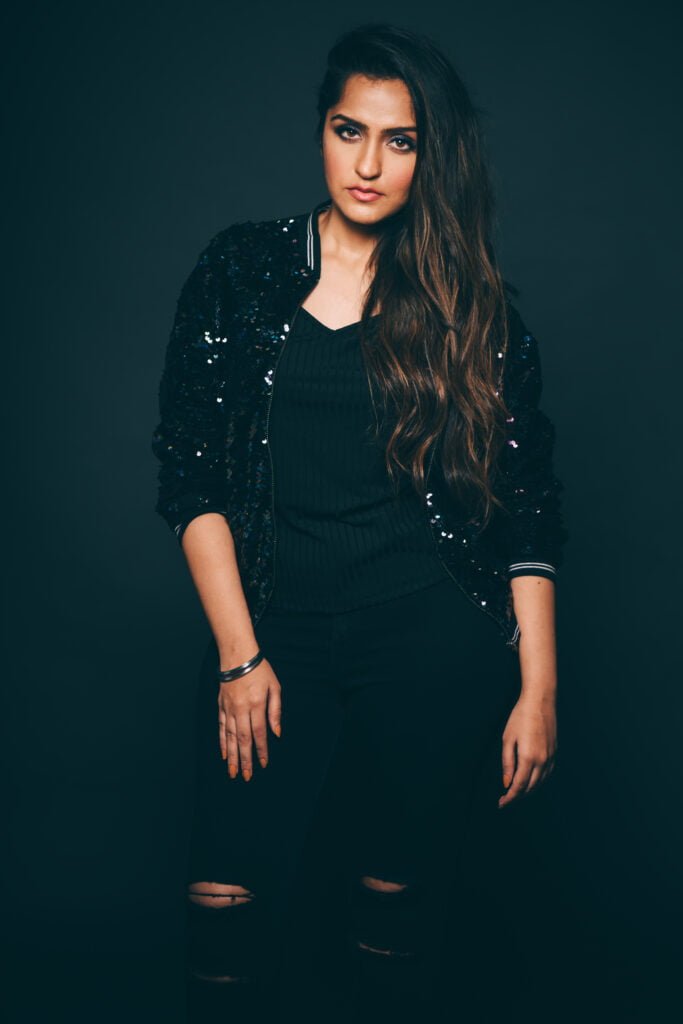
Q: Bollywood has had a history of pandering to the male gaze, be it love songs or item numbers. When you are composing songs or choosing to sing a song written by someone else, do you try to counter this?
A: Yes, I do. Whenever I get a song, I go through the lyrics to ensure that there are no lines that are disrespectful towards women. Usually in film songs you will see a mukhda, an antara (both sung by the male) and then another antara that is sung by the female. Or worse still, the female voice is used simply as a hook. Apart from reading the lyrics carefully and expressing my discomfort at singing things that objectify women, all I can do is emote my parts in a way that people remember them.
Q: What have you made of the presence of women across the audio industry, be it in writing songs or sound designing or any of the other departments that go into the making of a song?
A: There is still a massive disparity because 90% of the music industry consists of men. I really feel that there should be more technicians, recordists, and sound engineers who are women…The representation of women in these departments is getting better as compared to what it was two or three years ago, but there’s still a lot to be done.
Also read: Sexism In The Music Industry: Women Are Either Sidelined Or Sensationalised
Q: You had a number of single releases during the lockdown last year. Do you enjoy the process of performing a single more than a Bollywood song?
A: A song is a song, and I enjoy singing both kinds. If it’s a film song, the challenge is that you have to sing according to someone else’s vision. Your voice has to be adapted for the actors.
But a non-film song is your own, it’s your creation, you can mould it according to your choices and moods. That’s a different kind of high for me.
Q: What are the goals you have set for yourself over the next few years? Are there certain kinds of songs you would like to experiment with?
A: I have always had a lot of dreams for myself. The first one was to come to Mumbai and do playback for films. Now I want to go international and sing with Taylor Swift.
Film music depends a lot on releases, and there are many songs in the pipeline. But with non-film music, I want to experiment with genres I haven’t touched yet. I would like to try a combination of Sufi and rock.
My new single that will be releasing soon is also quite experimental, where I have tried something new. I hope people will love that, too.
Featured Image Source: DNA India
About the author(s)
Priyam Marik is a freelance journalist based in Kolkata, writing on politics, culture, and sport. He completed his Master’s in journalism from the University of Sussex, United Kingdom in 2020. Priyam is also a published poet, and his first book Scintillae, came out in July 2019. When not writing, Priyam loves to debate, sample new cuisines, and cheer for FC Barcelona.
